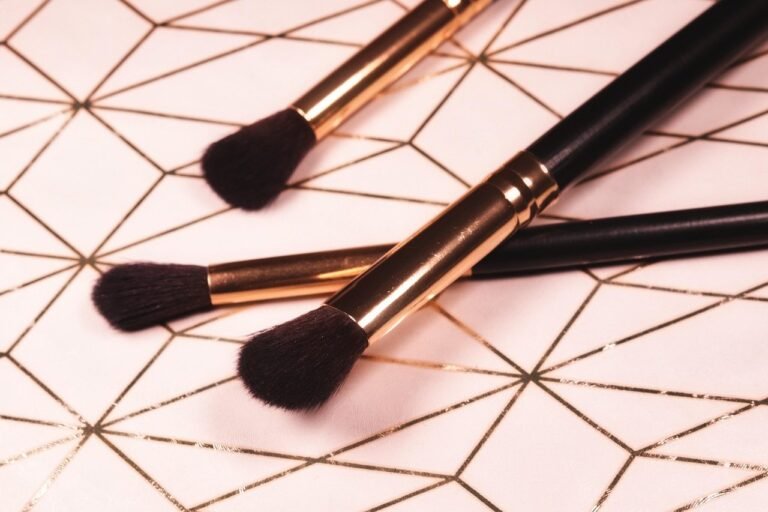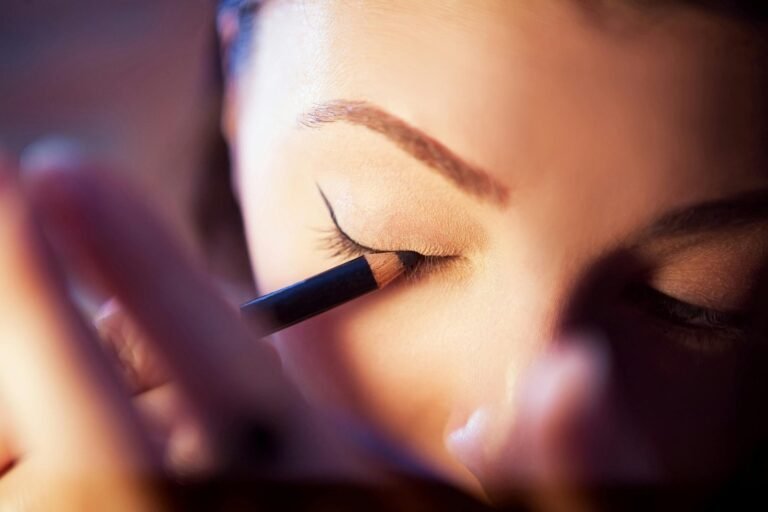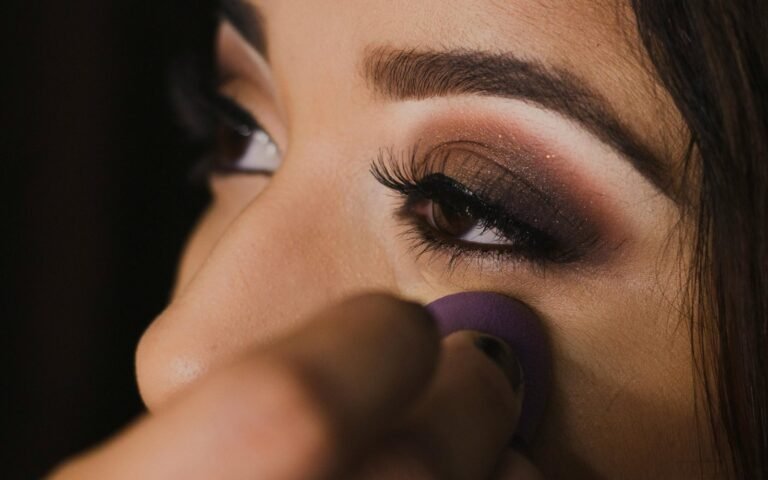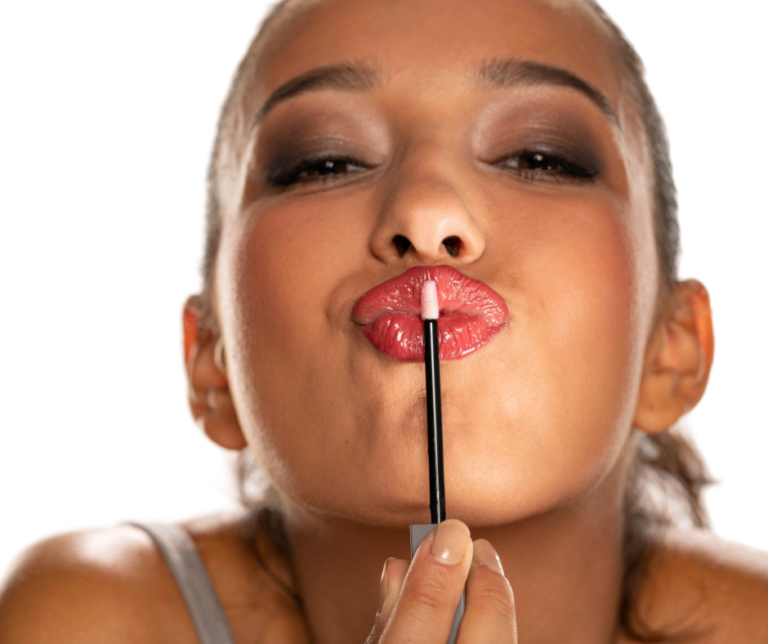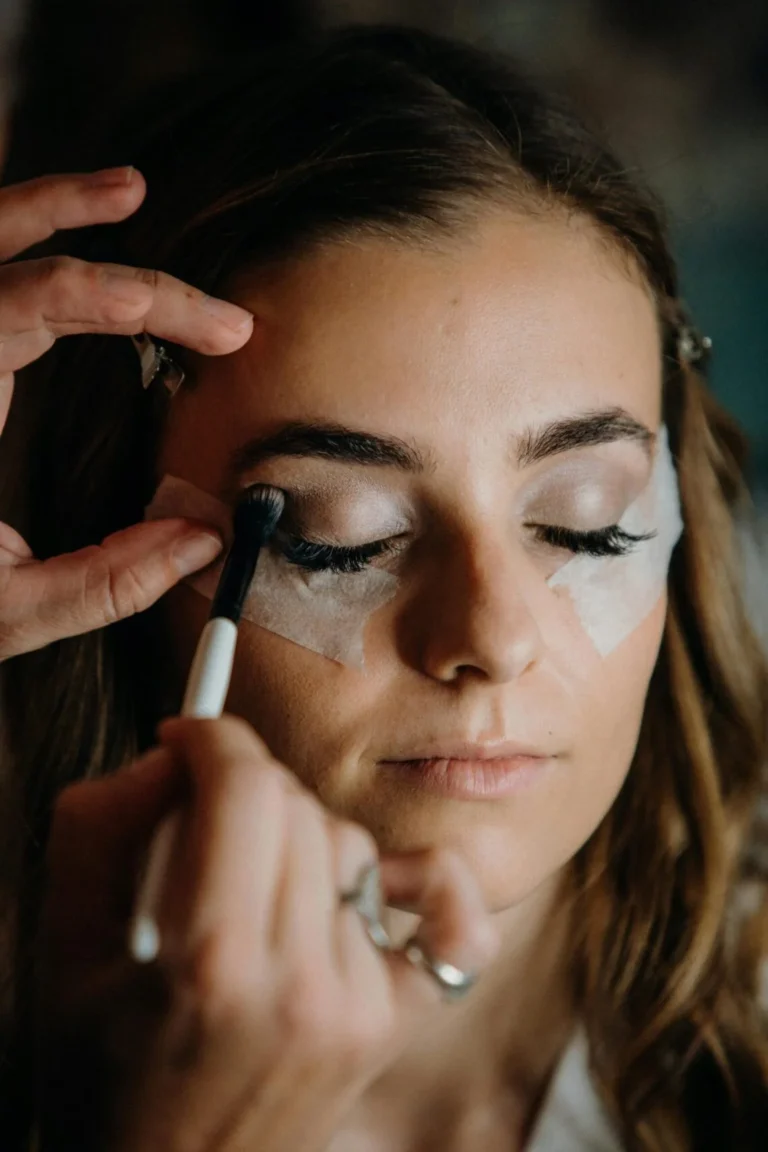
When it comes to hair care, one common question always arises: Is it really necessary to wash your hair every day? The answer isn’t the same for everyone. Hair washing habits can vary depending on several factors, such as hair type, scalp condition, and lifestyle. But one of the key players in determining how often you should wash your hair is whether your scalp is dry or oily. Let’s dive into the difference between these two scalp types and figure out what works best for each.
The Difference Between Dry and Oily Scalps
Before deciding how often you should wash your hair, it’s important to first understand your scalp type. Your scalp produces natural oils (sebum), which serve as a protective barrier and help maintain your hair’s health. However, the amount of oil your scalp produces can vary significantly.
Dry Scalp

A dry scalp is typically caused by a lack of moisture or an imbalance in the oil production process. This can lead to itching, flakes, and an overall uncomfortable feeling. People with dry scalps often experience hair that feels dull, rough, or lifeless. In many cases, dry scalp can also be exacerbated by environmental factors like cold weather, low humidity, or harsh hair care products.
How to Care for a Dry Scalp:
-
Washing Frequency: For those with a dry scalp, washing hair too frequently can strip the scalp of its natural oils, leading to more dryness. Aim to wash your hair 2-3 times a week. This will help maintain a healthy moisture balance while still keeping your hair clean.
-
Shampoo Choice: Look for moisturizing shampoos or products specifically designed for dry or sensitive scalps. Avoid those that contain harsh sulfates, which can further dry out the scalp.
-
Hydration: Regularly use a hydrating conditioner or a deep conditioning treatment to nourish your scalp and hair.
On the other end of the spectrum is the oily scalp. This occurs when your sebaceous glands produce excess sebum, which can make your hair appear greasy or weighed down. An oily scalp can lead to hair that looks flat, limp, or dirty much sooner after washing. People with oily scalps may also experience clogged pores, which can contribute to scalp acne or dandruff.
Oily Scalp

How to Care for an Oily Scalp:
-
Washing Frequency: If you have an oily scalp, washing your hair daily or every other day might be necessary to keep it feeling fresh. This helps to remove the excess oil buildup and prevent the hair from becoming greasy. However, be mindful not to over-wash, as this can trigger your scalp to produce even more oil.
-
Shampoo Choice: Choose a clarifying or oil-controlling shampoo that helps to balance oil production without stripping your scalp entirely.
-
Avoid Heavy Conditioners: Focus conditioner only on the ends of your hair to avoid adding extra moisture to your scalp, which can increase oiliness.
What About Everyone Else?
For those with normal scalp types — not too dry and not too oily — washing your hair every two to three days is generally recommended. You can adjust based on your personal preferences and lifestyle.
Factors That Can Affect Your Hair-Washing Routine
Aside from scalp type, several other factors can affect how often you should wash your hair. These include:
-
Activity Level: If you exercise frequently or sweat a lot, you may need to wash your hair more often.
-
Environmental Exposure: Exposure to pollution, smoke, or excessive sunlight can also lead to oil buildup or dryness.
-
Hair Length and Texture: Long, curly, or textured hair may require less frequent washing than fine or straight hair, as the oils take longer to travel down longer strands.
Conclusion
Ultimately, there’s no one-size-fits-all rule when it comes to washing your hair. It’s all about understanding your scalp type and finding a routine that works best for your unique hair needs. Whether you have a dry or oily scalp, listening to your hair’s needs and adjusting your washing frequency can lead to healthier, more manageable hair.
If you’re unsure about your scalp type or need personalized advice, consider consulting with a professional. After all, you deserve to have the best hair day every day, no matter your hair type!

